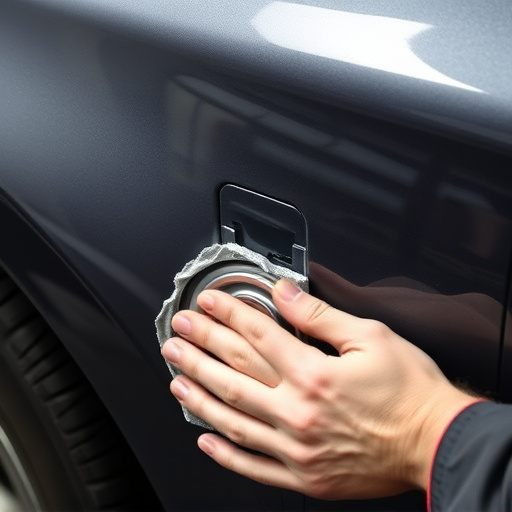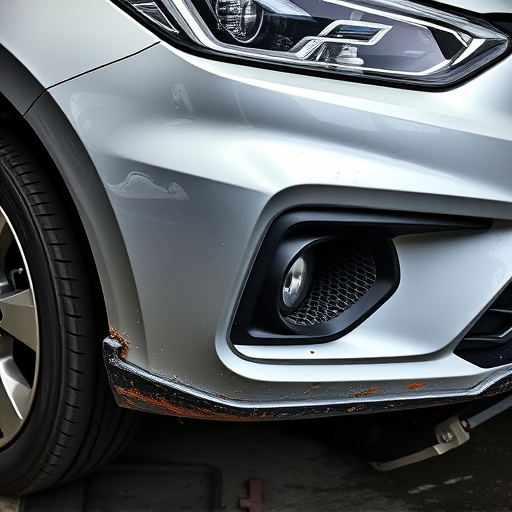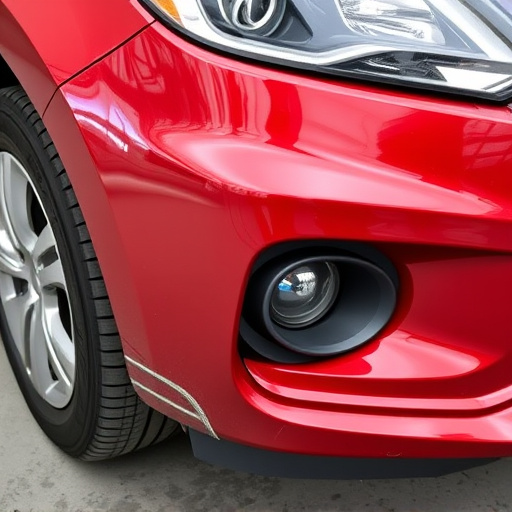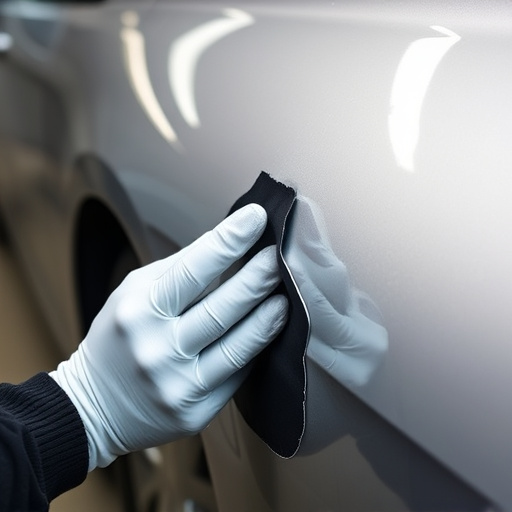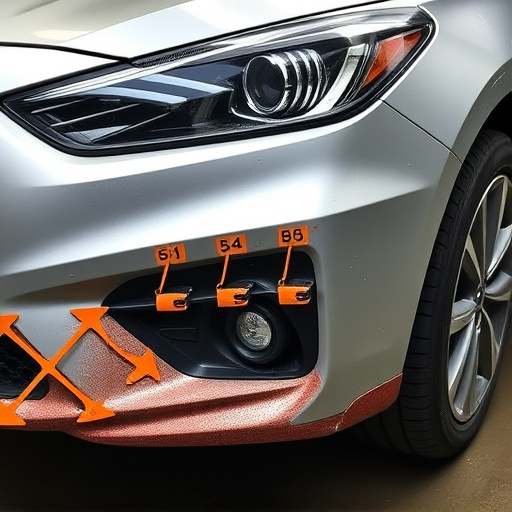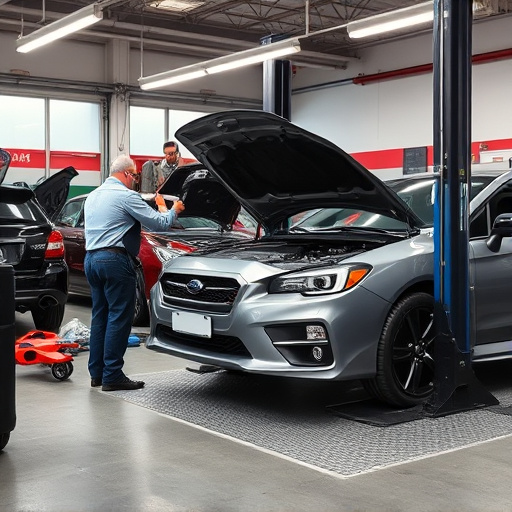A collision center warranty is a crucial agreement between repair shops and vehicle owners, guaranteeing the quality of auto collision repair services. It covers various aspects like paint jobs and workmanship, fostering trust and customer satisfaction. This warranty also harmonizes partnerships between insurance companies and collision centers by streamlining claims processes, benefiting all parties with efficient repairs and faster settlements, while addressing administrative burdens and cost management challenges through open communication and established protocols.
Collision center warranties play a pivotal role in shaping insurance company relations, influencing how claims are handled and repairs are managed. This article delves into the intricate dynamics of these warranties, offering a comprehensive overview that begins with a basic understanding of collision center warranty principles. We explore the significant impact on insurer-repairer relationships, highlighting both the benefits and challenges they present. By navigating these aspects, insurance providers can optimize their operations and foster stronger partnerships in an industry characterized by constant evolution.
- Understanding Collision Center Warranty: A Basic Overview
- The Impact on Insurance Company Relations
- Navigating the Relationship: Benefits and Challenges
Understanding Collision Center Warranty: A Basic Overview

A collision center warranty is a crucial aspect of the auto collision repair process, offering added protection for vehicle owners. This type of warranty is typically provided by the collision center or auto body shop following completion of their repair services on a damaged vehicle. It guarantees the quality of work and materials used during the restoration process, ensuring customers that their vehicles are safe and reliable on the road again.
The warranty covers various aspects of the auto dent repair and painting process, including labor and materials. For instance, it might guarantee the longevity of paint jobs, protect against defects in workmanship, or even offer extended coverage for specific components. This added assurance fosters trust between customers and collision centers, promoting a positive relationship. In cases where issues arise post-repair, such as paint bubbles or structural weaknesses discovered after a Mercedes Benz repair, the warranty becomes an essential safety net for both parties, ensuring customer satisfaction and maintaining the reputation of reputable collision centers.
The Impact on Insurance Company Relations

A collision center warranty plays a pivotal role in shaping insurance company relations by facilitating smoother and more cost-effective claims processes. When an insured party experiences vehicle damage, especially in accidents, they often turn to collision centers for repairs. A comprehensive warranty ensures that these centers can provide high-quality automotive repair services without financial burden on the policyholder. This not only enhances customer satisfaction but also reduces the administrative load on insurance companies, as they are less likely to encounter disputes or uncertainties regarding the extent of coverage.
Furthermore, a well-structured collision center warranty encourages collaboration between insurers and repair facilities, fostering an environment of trust and transparency. Insurance companies can rely on these warranties to guarantee that the vehicle repair services are up to standard, minimizing the risk of subpar work that could lead to costly repairs or customer complaints. This symbiotic relationship benefits both parties, ensuring efficient claims management and timely vehicle restoration for policyholders.
Navigating the Relationship: Benefits and Challenges

Navigating the relationship between insurance companies and collision centers involves a delicate balance. On one hand, a strong partnership benefits both parties, fostering efficient car collision repair processes and ensuring customer satisfaction. Insurance providers gain access to reliable service providers, while collision centers secure steady business and the opportunity to showcase their expertise in auto body work. This collaboration can lead to faster claim settlements and higher customer retention rates.
However, challenges emerge when expectations diverge. Collision centers may face difficulties in managing the administrative burden of processing claims efficiently, especially during peak periods. Insurance companies, on the other hand, must strike a balance between offering competitive warranties and controlling costs associated with extensive auto body work. Miscommunication or disagreements can hinder operations at collision repair shops, leading to delays and dissatisfied customers. Yet, by fostering open dialogue and implementing clear protocols, these challenges can be mitigated, allowing for a mutually beneficial relationship built on trust and understanding.
The collision center warranty plays a pivotal role in shaping insurance company relations, offering both benefits and challenges. By understanding this concept and its implications, insurers can better navigate partnerships with repair facilities. This ensures a harmonious relationship that ultimately enhances customer satisfaction and streamlines the claims process, fostering a robust network of trusted collision centers.


